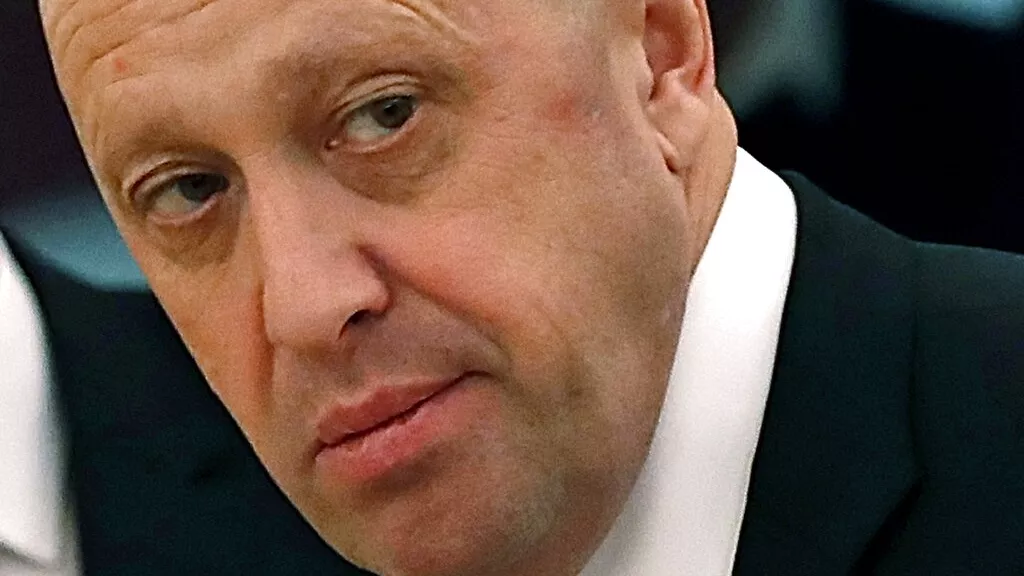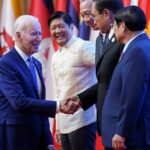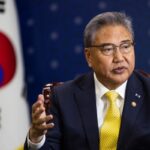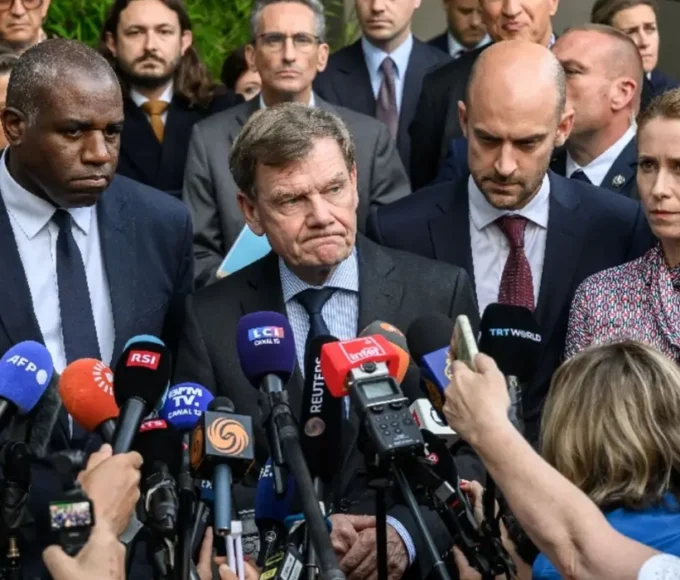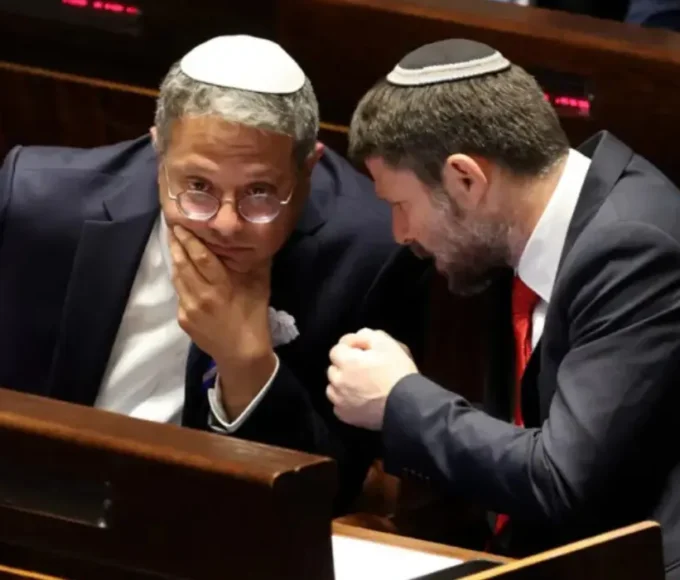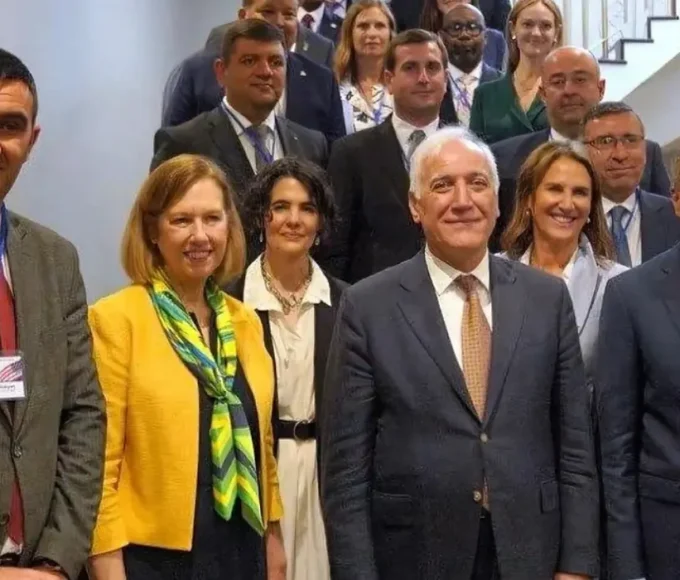Can Wagner survive in Africa without its leader Evguéni Prigojine and after the recent mutiny of his men in Russia? If the future of the Russian paramilitary company is up in the air, its demise seems inconceivable.
A month after the brief march on Moscow by its men, then the declared exile of its charismatic leader in Belarus, the economic and geopolitical weight on the continent of the most famous private military company (PMC) seems to protect it from being wiped out from the menu.
Last week, in a video published by Telegram accounts claiming to be close to Wagner, but which AFP could not authenticate, Prigojine asked his troops to prepare for “a new trip to Africa”.
Before the Russia-Africa summit, photograph of its role on the continent.
Military formations
Wagner offers a catalog of services to plans in difficulty. In Mali, in the Central African Republic, he protects the power in place, offers military training, even legal advice to rewrite the mining code or the Constitution.
In exchange, the group engages in predation and pays itself with local resources, including gold mines and other minerals. In Sudan, Wagner flourishes in the illegal gold business and remains close to the Rapid Support Forces (FRS) by Mohammed Hamdan Daglo.
In Libya, loyal to General Khalifa Haftar, a strongman in the east of the country, “there are a few hundred today to ensure the security of military bases and oil-related infrastructure”, assures AFP Pauline Bax, director Africa Program Assistant at the International Crisis Group.
Transnational organization
There and elsewhere, the group is accused of manipulating opinions, undermining the reputation of Westerners and influencing electoral processes. Its method, on the military level, is brutal and pays little attention to human rights and the distinction between civilians and soldiers, accuses the West.
The United States sanctioned Prigojine and classified his group in January as a transnational criminal organization. An independent UN expert has accused the army and its Russian allies of abuses in the Central African Republic. The European Union has announced new sanctions against several Wagner officials in the country.
On Thursday, the UK imposed sanctions on 13 individuals and companies accused of involvement in Wagner abuses, including “executions and torture in Mali and the Central African Republic as well as threats to peace and security in Sudan”.
Leaving the woods
Created in the early 2010s, Wagner initially escaped any form of legality. The group then becomes the unofficial armed wing of Russian ambitions in Africa, while allowing Moscow to deny any responsibility in its operations.
“Wagner is neither a branch of the army nor a private entity in its own right. It serves the official interests of Moscow but also responds to the personal ambitions of Prigojine. The line is thin”, noted to AFP before the mutiny Maxime Audinet, researcher at the Military School Research Institute (IRSEM) in Paris.
“Never has an unofficial actor assumed such importance in Russia’s international action”.
Model that works
“Wagner has introduced a model that seems to work for at least two states” (Mali and the Central African Republic), observes Pauline Bax. “Even if Wagner ceases to exist, other companies will seek to exploit this void.”
African regimes have, for decades, readily resorted to mercenaries, particularly to compensate for the weakness of their armed forces.
“The ambiguous international legal jargon defining what is or is not a mercenary (…) makes Africa a most attractive destination for doing business without too much morality”, estimates researcher Amanda Brooke Kadlec on the New Lines Magazine website.
“If the Wagner Group or other Russian competitors are perceived as incompetent or unreliable because of the chaos (in Russia), there are plenty of other options.”
This article is originally published on fr.africanews.com


